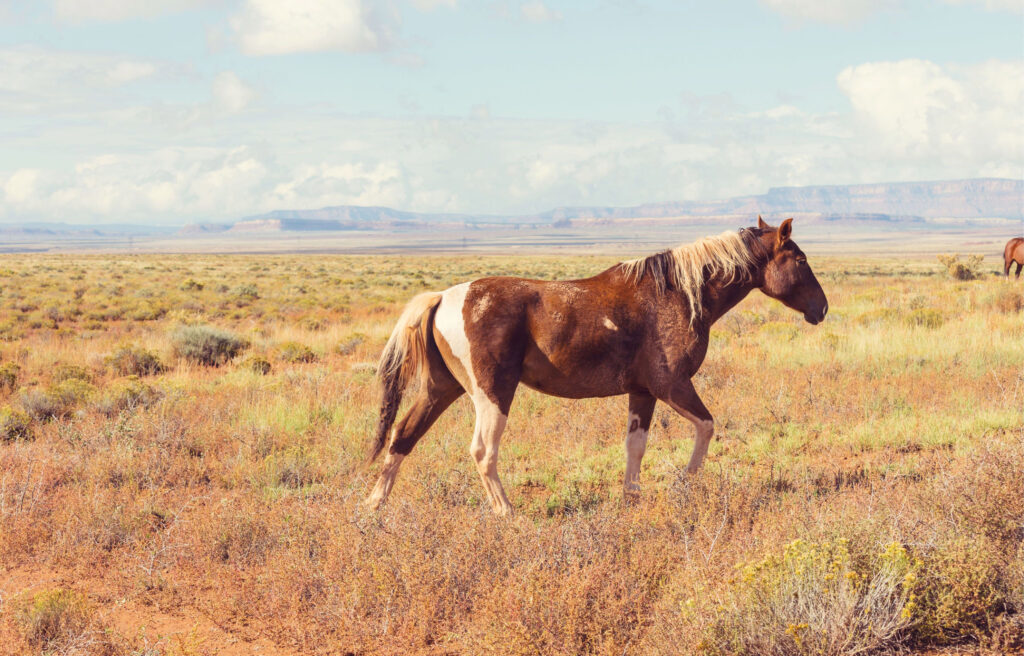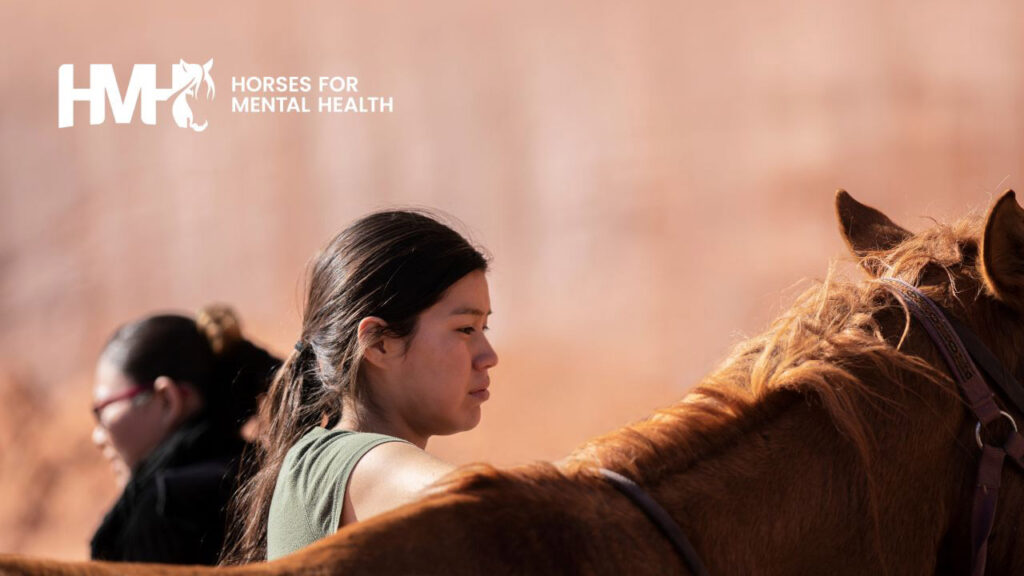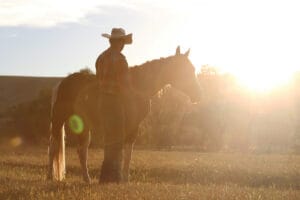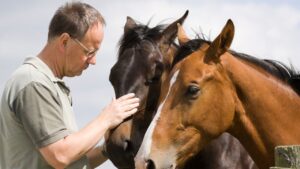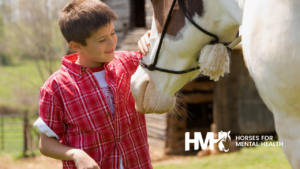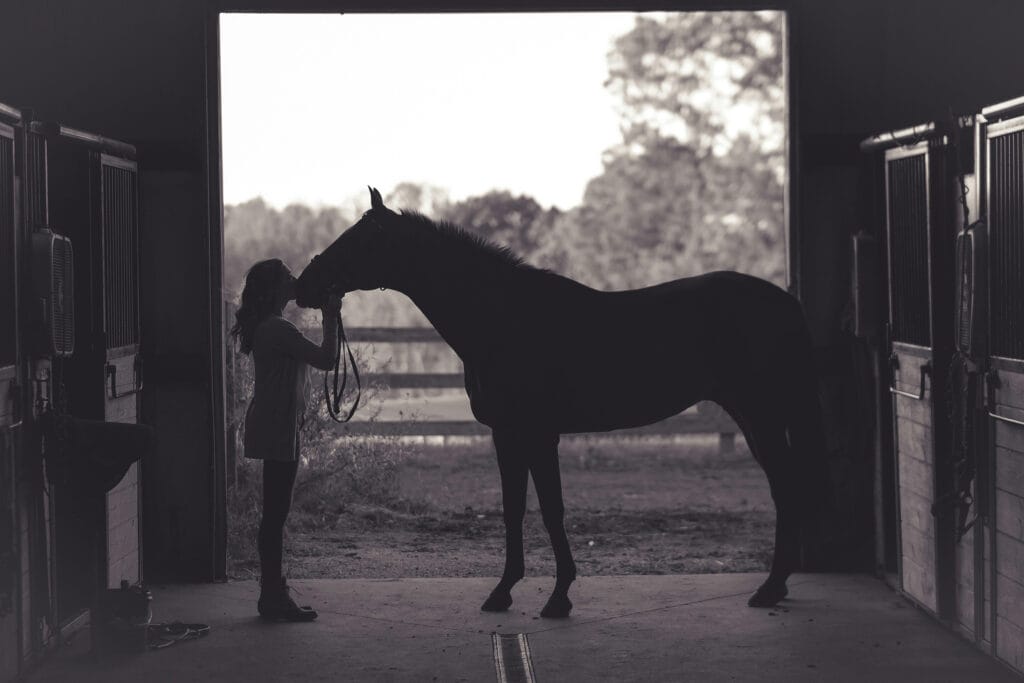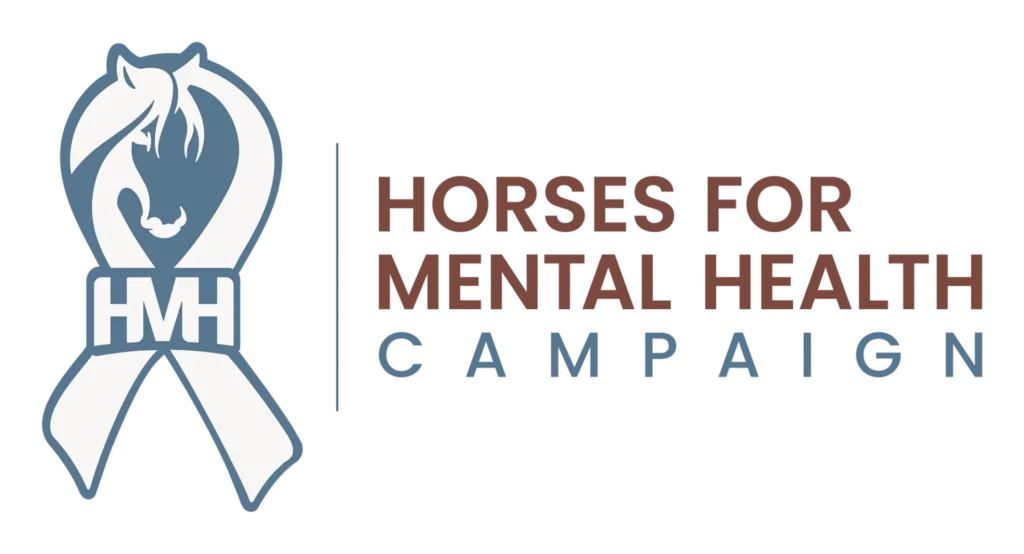Indigenous Peoples in 2024: A Snapshot
As of 2024, there are approximately 7 million Indigenous Peoples in the United States, representing about 2% of the total U.S. population. The U.S. government recognizes 574 federally recognized tribes, each with their own unique history, culture, and governance. (Source: U.S. Census Bureau and National Congress of American Indians)
Today, many Indigenous Peoples reside in rural areas or on reservations, maintaining strong cultural and spiritual connections to their ancestral lands. Over time, policies such as the Indian Removal Act of 1830 forcibly removed many communities from their homelands, leading to lasting changes in their geographic distribution.
The process of relocation, particularly during the 19th century, drastically reshaped the Indigenous landscape. Tens of thousands of people were displaced from their traditional territories to designated lands west of the Mississippi River, most notably during the Trail of Tears, which caused immense suffering and population loss. Combined with the Dawes Act of 1887, which divided communal lands and further eroded tribal holdings, these policies deeply impacted Indigenous communities.
This history of displacement, compounded by disease and conflict, reduced the Indigenous population to fewer than 300,000 by the late 19th century. In modern times, this dispersed geographic distribution often makes it difficult for Indigenous Peoples to access critical resources, particularly mental health services, as rural areas and reservations frequently lack sufficient healthcare infrastructure.
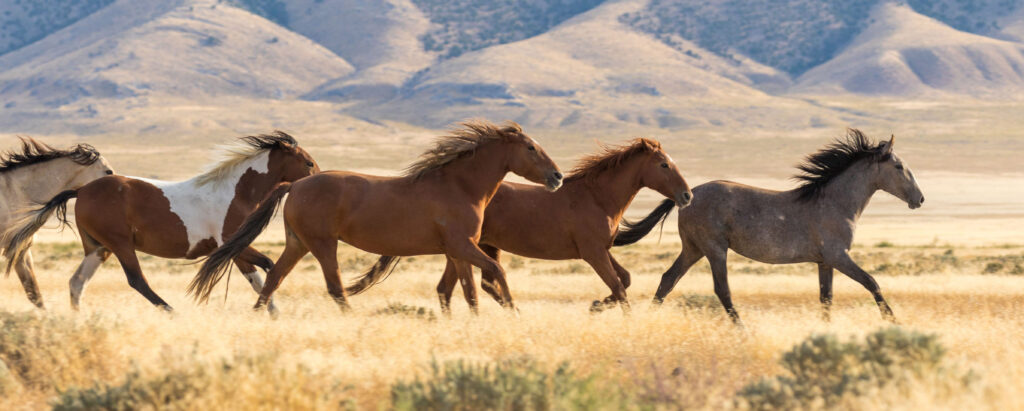
Indigenous Peoples’ Day
Horse for Mental Health celebrates Indigenous Peoples’ Day by recognizing the resilience and rich cultural heritage of Indigenous communities, while also acknowledging the mental health challenges they continue to face. Historically, October 14 was celebrated as Columbus Day, but in recent years, the shift to Indigenous Peoples’ Day recognizes the importance of honoring Indigenous communities and their contributions. By embracing this day, we reflect on the strength of Indigenous peoples while raising awareness of the ongoing mental health challenges facing the community.
This day holds even greater importance as we confront the lasting impacts of historical trauma, displacement, and systemic discrimination, which have contributed to high rates of psychological distress, PTSD, and suicide among Indigenous populations (APA). However, the deep spiritual connection many Indigenous people share with the land and animals, especially horses, provides a unique pathway to healing.
A Cultural and Therapeutic Connection: What is the Horse Nation?
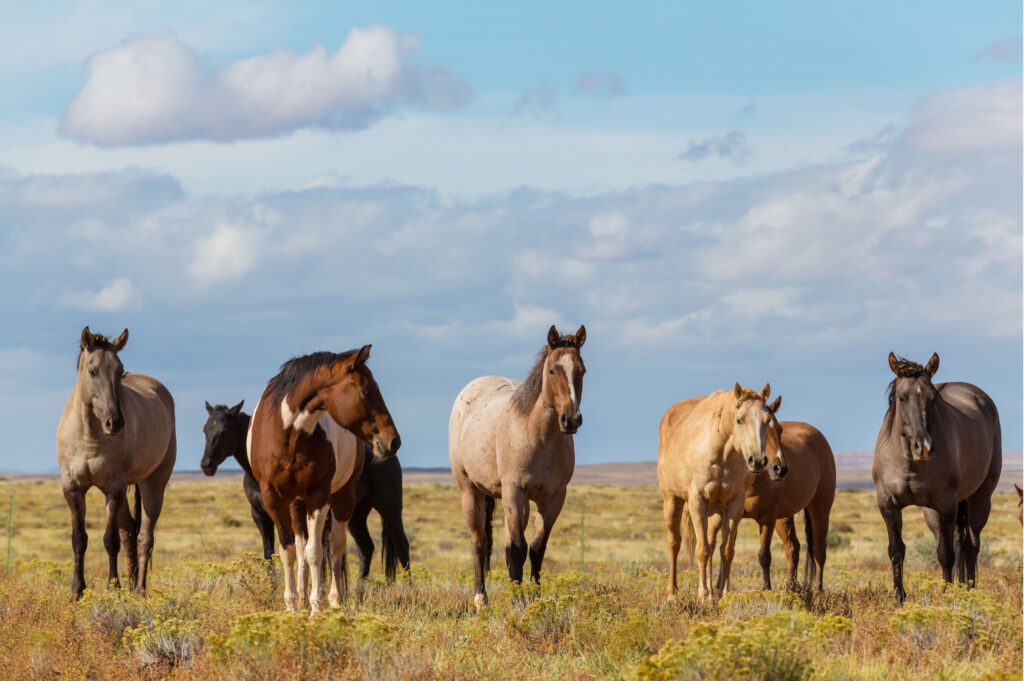
The Horse Nation refers to the spiritual and cultural significance of horses in Indigenous communities, particularly among the Lakota and Dakota nations. Horses are seen as sentient beings, or relatives, who share emotions and possess spiritual connections. The Horse Nation represents horses as members of the spirit world, sent by the Wakíŋyaŋ (Thunder Beings), and they are considered powerful allies in both physical and emotional healing.
In many Native communities and traditions, horses are seen as:
- Not just animals: Horses are viewed as relatives, possessing sharp minds and experiencing emotions like humans—love, hate, and trauma.
- Sacred beings: The Lakota name for a horse, sun’ka wakan, means “holy/mysterious dog.” Horses are believed to be gifts from the Wakíŋyaŋ.
- Spiritual bridge: The Horse Nation represents a connection to the spirit world, offering emotional and spiritual support.
- Healing partners: Horses reflect human emotions, helping individuals process pain and trauma, offering comfort and healing.
Horses have been central to Indigenous life in North America, and transformed many tribal practices, from hunting and warfare to travel. Tribes like the Lakota, Comanche, and Nez Perce became renowned for their horsemanship. Horses symbolized freedom and strength, serving as spiritual companions and playing a sacred role in cultural traditions that continue today. This historical bond makes the incorporation of horses in therapy especially powerful, as it builds on the deep respect and spiritual significance Indigenous peoples have for these animals.
Mental Health in Indigenous Communities
The repercussions of displacement, trauma, and systemic discrimination are evident in the mental health statistics of Indigenous communities.
- Indigenous peoples experience psychological distress 1.5 times more frequently than the general U.S. population (NIH).
- Suicide rates among Indigenous youth are 2.5 times higher than the national average (CDC).
- In 2019, nearly 19% of Native adults experienced mental illness in the last year. (NAMI).
- Indigenous peoples face higher rates of PTSD and substance use disorders (SAMHSA).
Despite these challenges, the deep spiritual connection many Indigenous people have with the land and animals offers a potential pathway to healing. Horses, seen as symbols of strength and freedom, play a key role in helping individuals process trauma, foster emotional awareness, and build resilience in ways that resonate with Indigenous traditions.
Story of Transformation
Special thanks to our Charity Partner, Horse for Healing, for sharing this incredible story of transformation.
Horses for Healing works with a group from Jemez Pueblo, guiding them through transformative psychotherapy sessions involving horses. Each session created space for the group to explore mindfulness, grief, and the challenge of negative thoughts, but it was the connection to the horses—and the spiritual connection they held to their Indigenous roots—that made these sessions truly transformative. For the participants, being around the horses became a bridge to their ancestors, nature, and the spiritual beings the horses represented. This connection brought about a therapeutic environment that allowed for profound openness and healing.
One participant, a woman who returned to the group multiple times, initially struggled with her trauma. As a member of the Indigenous community, her deep respect for animals sometimes made it difficult for her to lead a horse without feeling guilty about “making” the horse work. The emotional weight of this guilt often held her back, but over time, with the support of the horses, she began to process her emotions and find her strength.
In one session, after having difficulties leading a particularly challenging horse the week before, she bravely chose to work with him again. This time, something remarkable happened. As she led the horse with newfound confidence, another horse from across the yard silently joined them, following behind without being prompted, as though it too was on a lead rope. The spiritual significance of this moment was not lost on her. It was as if the horses were guiding her, embodying the connection to her roots and heritage, reminding her that she didn’t walk alone on this path of healing.
The smile that spread across her face as she realized what was happening was priceless. It symbolized not only her personal growth but the deeper spiritual journey she had undertaken.
For the Jemez Pueblo community, these sessions go beyond the surface. The integration of horses and their connection to nature and spiritual beings creates a sacred space for healing, allowing participants to tap into both their emotional and cultural strength.
Through this experience, the participant—and others like her—embraced their strength and healing in ways that resonate far beyond the therapy sessions.
HMH: Our Part In This Story
Indigenous Peoples’ Day is not only an opportunity to honor the rich cultural heritage of indigenous communities but also a moment to acknowledge the mental health challenges that persist due to historical trauma. By supporting culturally resonant traditions and therapies, we can support the healing journey of Indigenous people. Horses offer a bridge to healing, embodying the strength, wisdom, and spirit that continue to guide Indigenous peoples. Horses for Mental Health is proud to support this transformational therapy method that brings so much value to so many and holds such importance in Indigenous communities.
